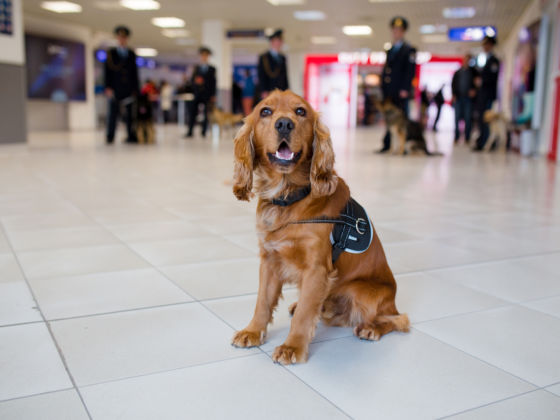Although airlines have recently seemed to be expanding their tolerance for emotional support animals, Delta is doing quite the opposite. On Monday, the airline announced that it will update its support- and service-animal policy to include a ban on emotional support animals (ESA’s) on flights longer than eight hours. The ban also extends to ESA’s less than four months old, regardless of flight length.


Delta to Ban All Emotional Support Animals on Long-Haul Flights
According to Delta, the policy change is a result of an 84% increase of incidents involving emotional support animals since 2016. Common incidents include animals urinating, defecating, and biting passengers or crew members. It’s undeniable that ESA’s have posed an issue for airlines recently, especially as some passengers — who may not actually require support — have allegedly used fraudulent documentation to allow their pets to fly. According to Airlines for America, from 2016 to 2017 the number of ESA’s traveling aboard commercial flights increased by a staggering 74 percent from 481,000 to 751,000.
John Laughter, Delta’s senior vice president for corporate safety, security, and compliance, said in a statement that the new policy supports “Delta’s commitment to safety and also protects the rights of customers with documented needs — such as veterans with disabilities — to travel with trained service and support animals.” Based on this statement, it’s unclear if there will be a blanket ban on ESA’s or if they intend to accommodate people with documented mental health disorders, such as veterans suffering from PTSD who may have emotional support animals.
For Delta tickets purchased prior to December 18, 2018, ESA’s will still be allowed. After the 18th, however, the prohibition will take effect.
H/T: Business Insider